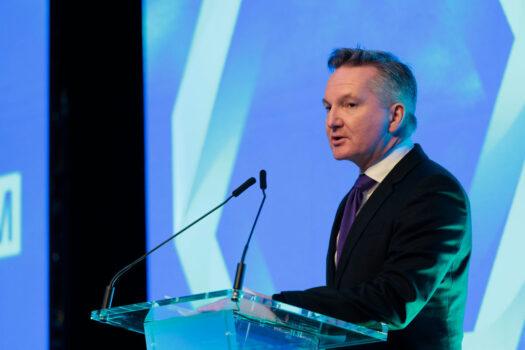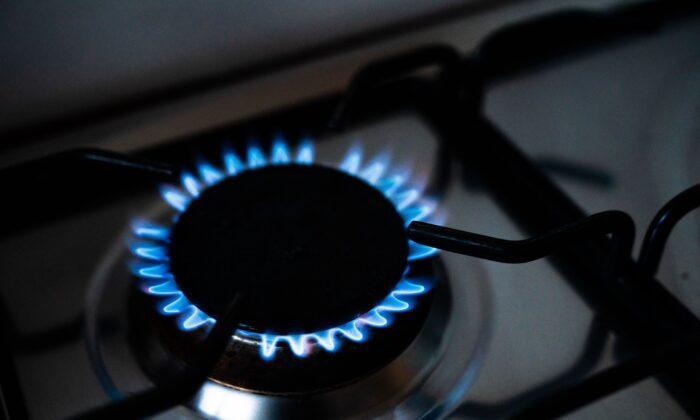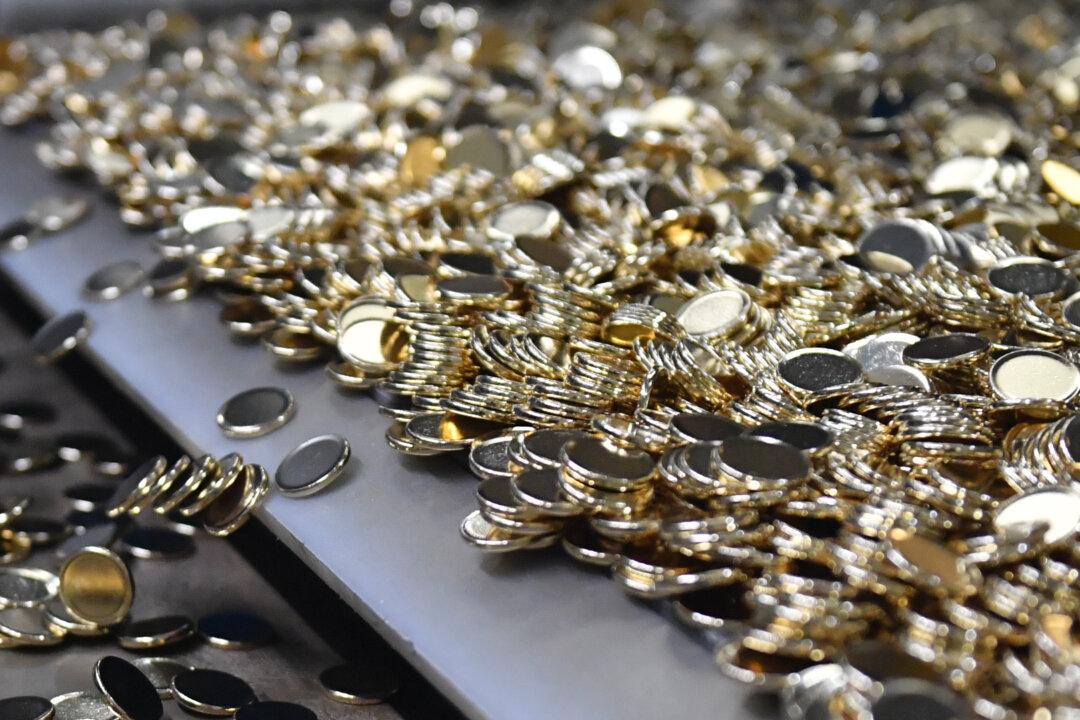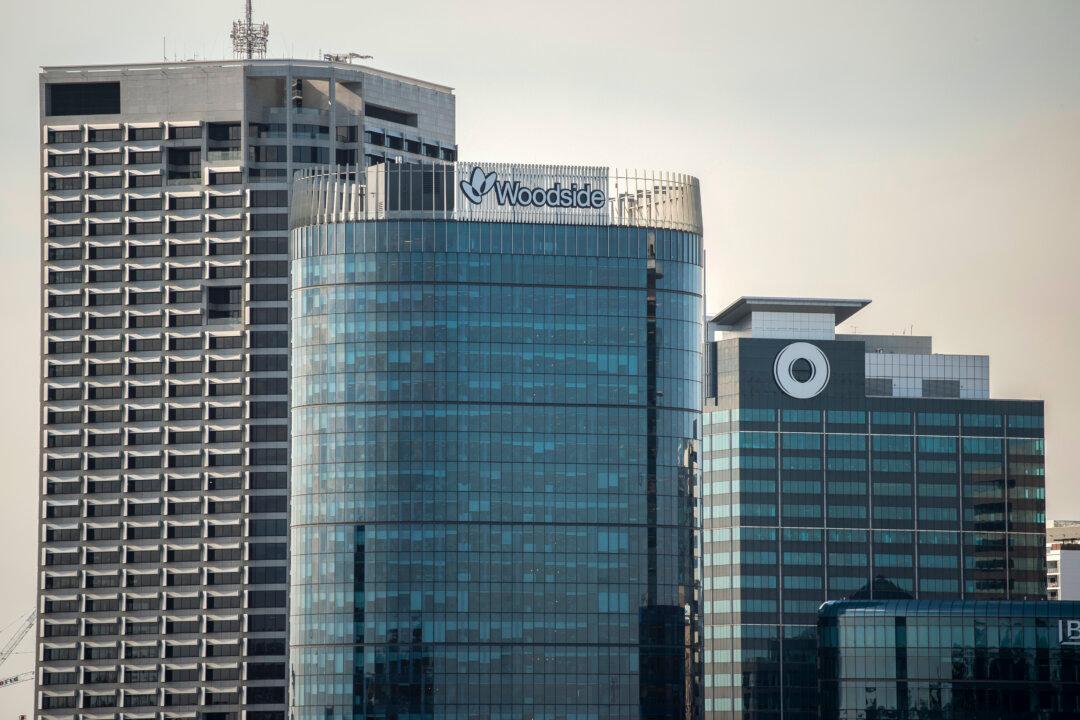The Australian government is considering extending the current gas price cap—that restricts wholesale prices—to 2025.
Under the measure, wholesale gas prices set by east coast gas companies were temporarily limited to a maximum of $12 per gigajoule.
The price cap is due to expire by the end of 2023. However, if the government goes ahead with the draft regulation, it will be prolonged by another two years.
Exemptions on Offer for Some Gas Producers
Apart from the extension of the gas price cap, the proposed code of conduct would introduce two exemptions for gas companies.Specifically, small gas producers who only supply the domestic market will not be subject to a cap.
In addition, producers who divert gas supply to the domestic market at reasonable prices could be granted exemptions if the government is satisfied with the supply levels being offered.
Energy Minister Chris Bowen said the code of conduct would prevent high gas costs from returning after the price cap expires.
“It means Australian industries and households get access to Australian gas that’s under Australian soil and Australian waters at a reasonable price.”
He also said the government’s current measures were working.

“The Australian Energy Regulator was very clear with us. That price rises we would have been seeing now would have had a five in front of it, a 50 percent or so price rise, absent of intervention,” he said.
“We intervened. There will still be price rises, but nowhere near as big as it would have been.”
Meanwhile, Credit Suisse energy analyst Saul Kavonic criticised the code of conduct, saying it was poorly designed and depended on the whim of the government.
“Depending on ministerial discretion, the policy could amount to being anything from a hard price cap for most of the market, through to a complete backdown from any meaningful price regulation. All to be decided case-by-case with no guidelines. Basically, it is ‘the government will make it up as it goes’ policy.”
The government has called on the public to provide feedback on the draft code of conduct, and the consultation will end on May 12.
Government to Reapt $16 Billion Tax Windfall from Gas Firms
The proposed extension of the price cap comes as the government expects to collect over $16 billion (US$10.57 billion) in tax revenue from gas companies this financial year, up from $6.46 billion in 2021-2022.Within the projected amount, 8.8 billion will come from corporate income tax, while royalties, excise, and licence fees will contribute another $5 billion.
The Petroleum Resource Rent Tax (PRRT) will add $1.85 billion, and the remaining $625 million will come from other types of tax.
The government has hinted at an increase to the PRRT, following concerns from Treasurer Jim Chalmers, who said the tax was not generating enough revenue.
Despite the growth in revenue and profits, reflected through the tax figures, the gas industry warned that the government’s intervention had brought more challenges to the sector.
“We have had a considerable number of interventions and reforms across the gas market in recent months. That is making it challenging for what are really capital intensive, substantial investments that are required to bring on new gas supply,” said Samantha McCulloch, the chief executive of the Australian Petroleum Production and Exploration Association.





